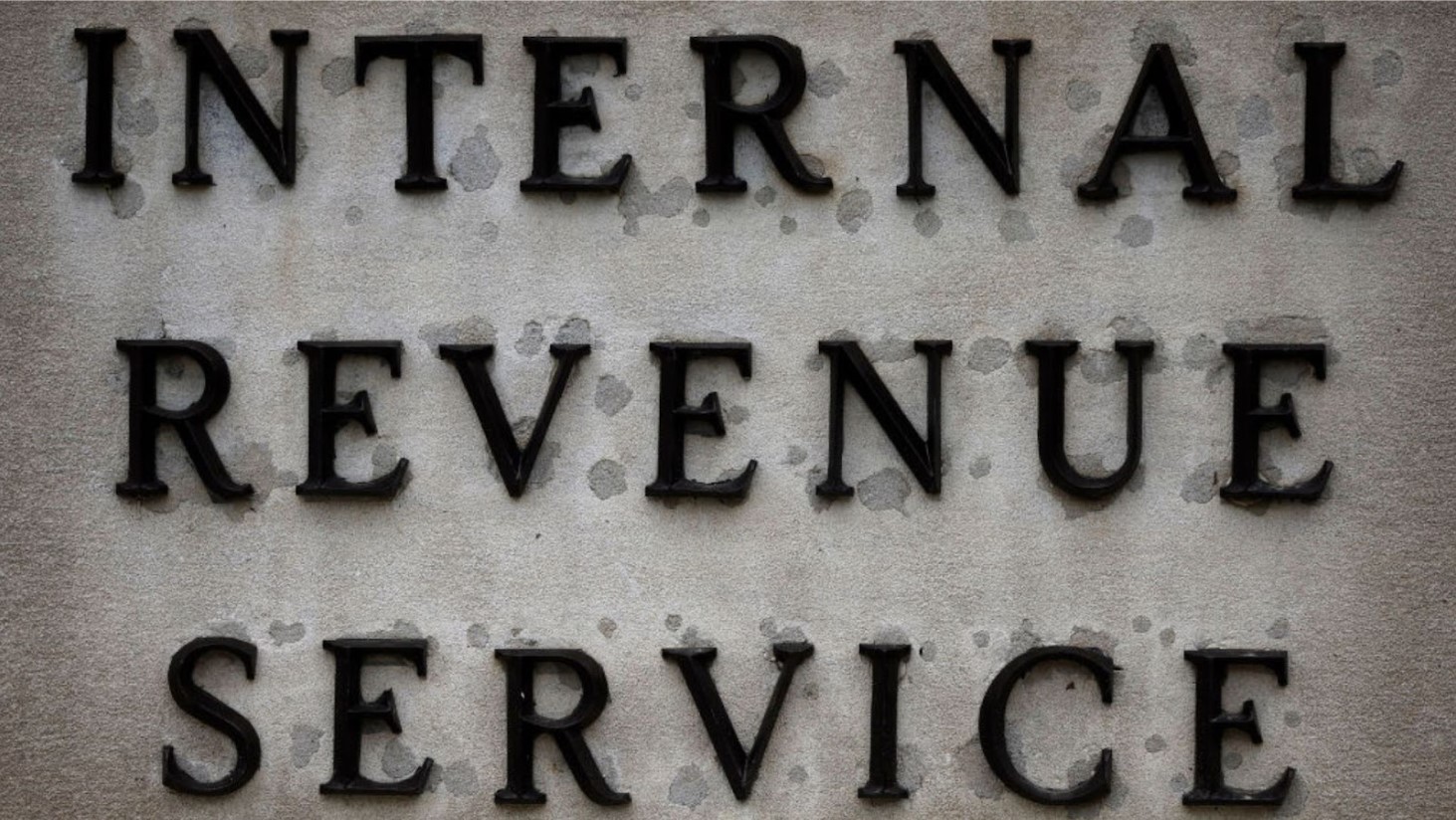The IRS Is Hunting Down Swifties and Here’s Why
The Internal Revenue Service (IRS) is taking note of those who have profited from reselling tickets, especially from high-demand events like Taylor Swift’s “Eras Tour.”
Recent legislation mandates that ticket platforms, including Ticketmaster and StubHub, report to the IRS any users who have made over $600 from ticket resales within the year.
Surge in Ticket Reselling Activity
Live events have seen tremendous interest and sky-high ticket prices. Consequently, the secondary ticket market witnessed significant markups, leading to considerable profits for sellers.

Source: Getty Images
High-demand events, like those of Taylor Swift, were particularly lucrative, with some tickets reselling for thousands of dollars.
Changes to Reporting Thresholds
Previously, ticket platforms would only report to the IRS if a user made over $20,000 and had over 200 transactions. However, new legislation has drastically lowered this threshold.

Source: Getty Images
Now, any sales exceeding $600 will be reported, regardless of the number of transactions. This shift aims to ensure more accurate income reporting for tax purposes.
Upcoming Implementation and Opposition
Although the new law was set to be effective for the 2022 tax year, its implementation has been postponed until 2023. This decision remains firm, with forms covering the 2023 tax year expected in early 2024.

Source: Getty Images
Yet, there’s ongoing resistance to this rule change. Efforts are being made to restore the previous thresholds, but the outcome remains uncertain.
Broader Implications and Revenue Impact
This change isn’t only about ticket sales. Payment processors, online marketplaces, and even gig platforms are affected.

Source: ActionVance/Unsplash
Adjusting the reporting threshold can potentially reduce federal revenue by billions over the next decade. Industry critics argue that these changes can be challenging for companies and potentially confusing for customers.
Adjusting to the New Requirements
Ticket selling companies are navigating this transition. While platforms like StubHub are accustomed to sending tax forms to regular ticket brokers, the process is new for many individual sellers.

Source: Getty Images
Companies are now investing in user-friendly processes and resources to accommodate the updated reporting requirements.
IRS Communications and Guidance
The IRS is actively communicating the changes. Commissioner Danny Werfel has emphasized the lowered threshold and its effective year in various tax forums.

Source: Getty Images
As the new rules are set to take effect, the IRS is planning to provide taxpayers with more comprehensive guidance to help them navigate the changes.
Tax Implications for Sellers
It’s essential for sellers to understand that only profits from ticket sales will be taxed. If a ticket is sold at a higher price than its purchase cost, it’s considered a profit.

Source: Getty Images
However, losses from ticket sales aren’t deductible against gains. Individuals may still need to report losses if they receive a 1099-K.
Importance of Accurate Record-Keeping
Given the upcoming changes, accurate record-keeping has become critical. Sellers must keep track of both the purchase price of tickets and the price at which they were resold.

Source: Sarah Elizabeth/Unsplash
With an estimated 44 million of these forms expected in 2024, accurate records will play a crucial role in ensuring correct tax filings.
Understanding Tax Calculations
The amount of tax an individual owes will vary based on multiple factors, including the original ticket price, resale value, any associated fees, and the seller’s tax bracket.

Source: Jorge Gordo/Unsplash
For instance, if a ticket originally purchased for $500 is resold for $900 with $90 in seller’s fees, the taxable gain would be $310.
Potential Tax Bills for High-Profit Sales
Some individuals have made substantial profits from ticket reselling. For instance, a person who bought tickets worth $1,200 and resold them for $8,550 would face a significant tax bill.

Source: Engin Akyurt/Unsplash
However, the exact tax amount would depend on factors such as the individual’s tax bracket and the specifics of the sale.
Conclusion and IRS Expectations
As these new reporting requirements come into effect, it’s essential for ticket resellers to be aware and prepared. The IRS expects to receive a much higher number of forms in the coming years.

Source: Getty Images
Proper documentation and an understanding of tax implications will be crucial for individuals involved in ticket reselling.
